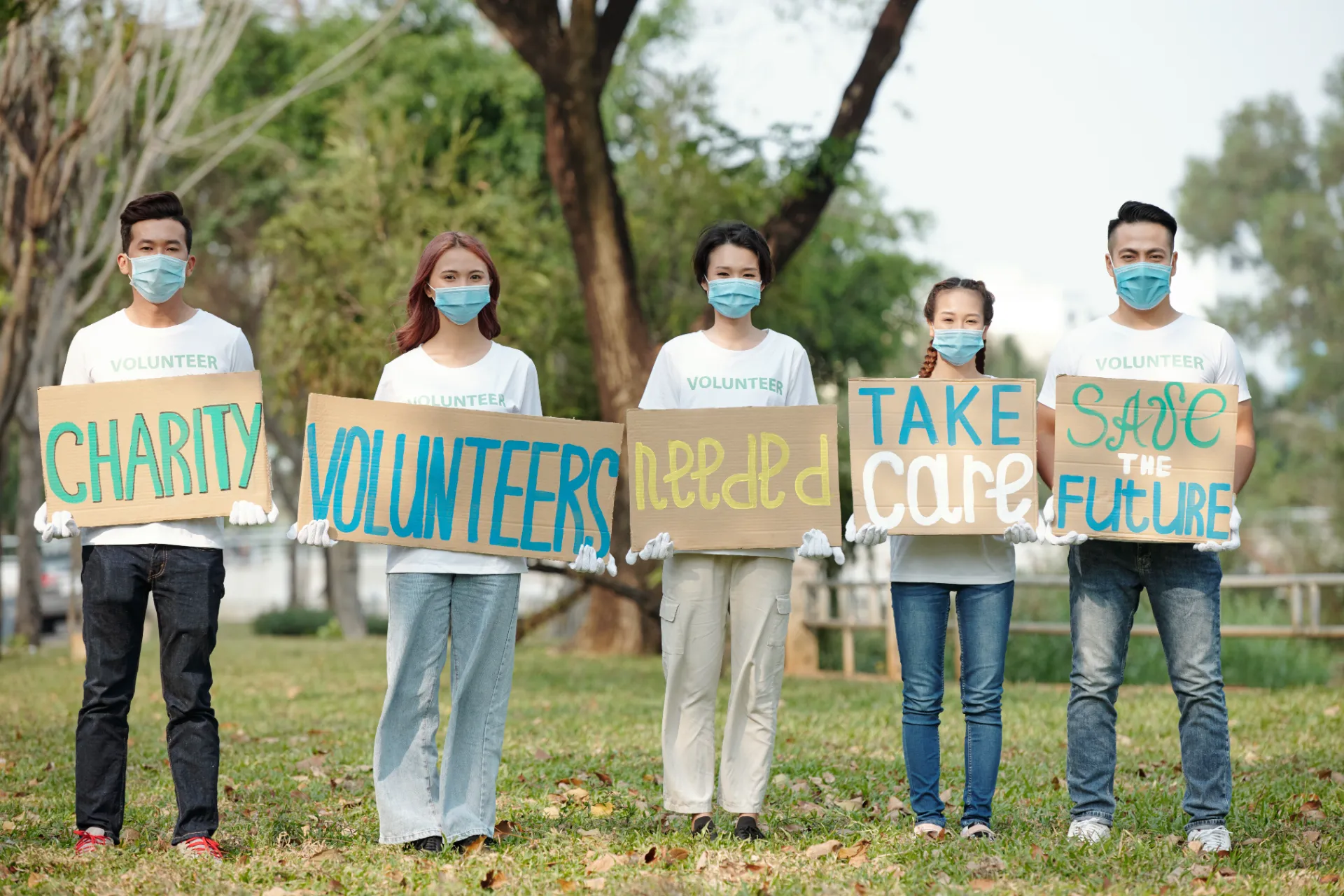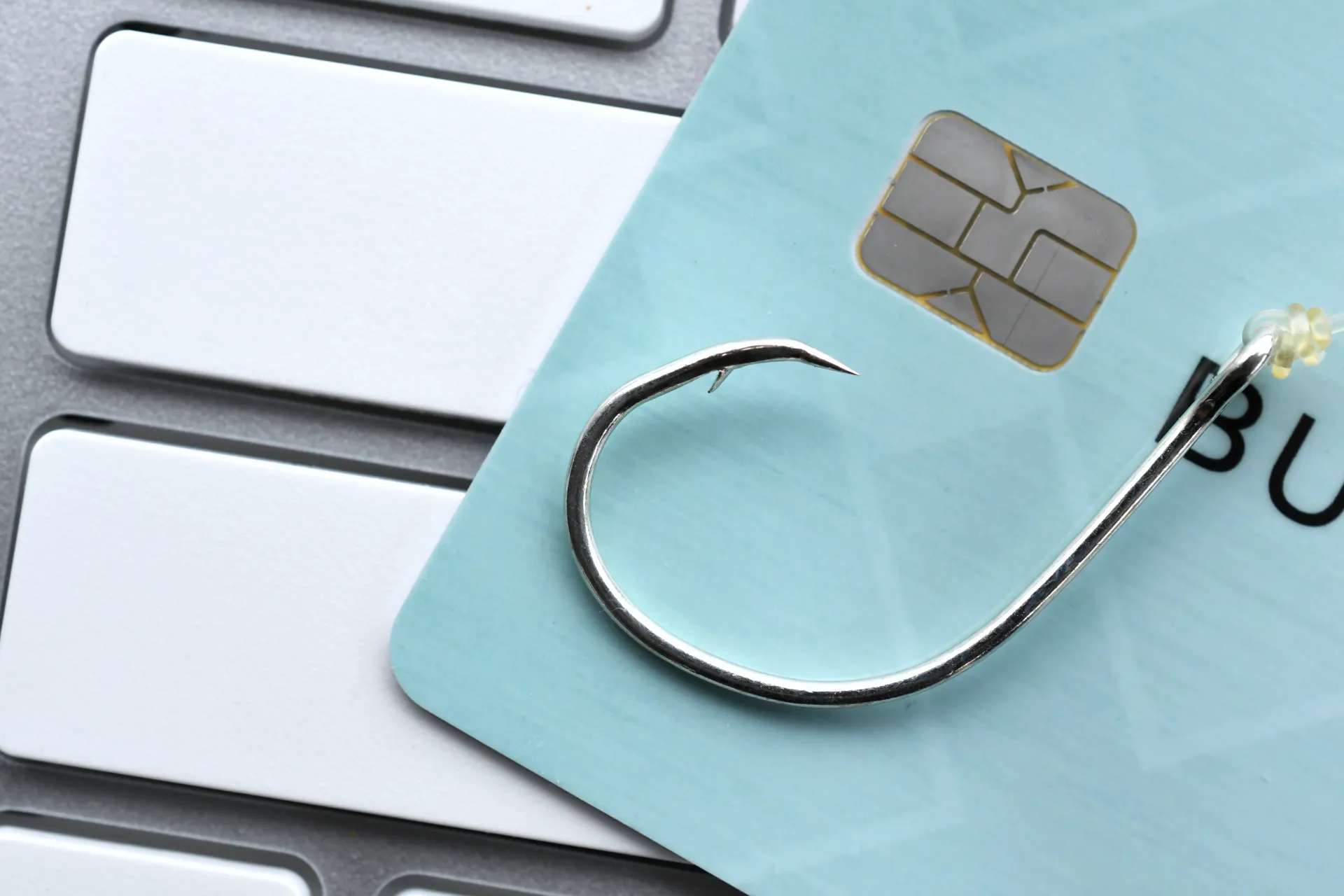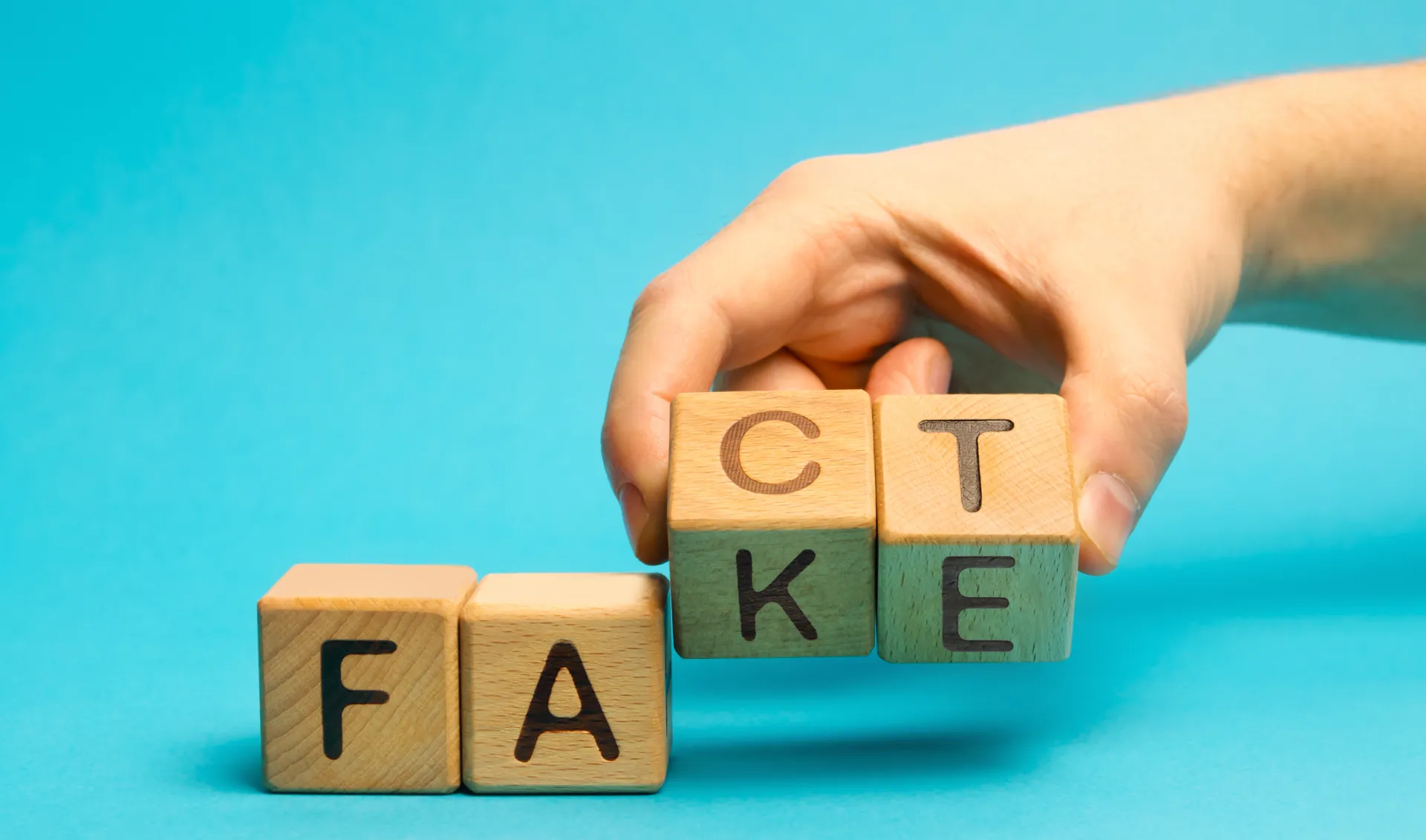
Beware of the Scammers: The Dark Side of Charitable Giving
Definition of fake charities
Charitable giving is a noble act, with the purpose of supporting causes and organizations that are dedicated to helping those in need. However, not all charities are what they seem. Fake charities, also known as fraudulent charities, are organizations that pose as legitimate charities in order to scam people out of their money. In other words, they are committing charity fraud. A fake charity will often use tactics such as false promises and phishing scams to trick people into giving them money.

Importance of charity scams
Charitable giving is a significant part of society, with millions of pounds being donated to various causes every year. However, the rise of fake charities has made it essential for people to be more cautious about where they donate their money. The consequences of falling for a fake charity can be devastating, not only for the individual but also for the cause they were trying to support, especially as so many of them pose as a legitimate charity.
In this article, we will take a closer look at charity fraud, how they operate, and what steps you can take to protect yourself from falling victim to one. We will also provide examples of fake charities and the tactics they use to scam people. By the end of this article, you will have a better understanding of the dangers of fake charities, how to avoid them and how to verify a genuine charity.
Fake Charities in Action
Ukraine War Relief, Homeless Children Foundation, and Prostate (or Breast) Cancer Research are all examples of fake charities that impersonate legitimate charities. Although they sound just like legitimate charities, they are by no means a genuine charity.
These charity fraud organizations pose as a charity employee and make false promises and use phishing scams to trick people into giving them money. This usually includes asking for your online account details to conduct an international funds transfer. Be cautious of any charity employee who try to raise money for charitable organizations. After all, it is very difficult to recover money once you donate to a fake charity.

The three types of charity scams
1. A non-existing fake charity that doesn't exist, with a fake website and no reputable background
2. Charity scammers impersonating a well known charity, asking to send donations via your credit card details, online account details, wire transfer or a gift card.
3. A 'Real Charity' taking advantage of natural disasters and current issues to steal money. Typically registered with a government body and federal trade commission, who's primary purpose is to pay it's employees rather than support the cause.
The funds that are donated to these fake charities are often misused or misappropriated, with very little of it (if any) going towards the stated cause. It's important to be cautious of this charity scam and to do your own research before making a donation to ensure that your money is going to a legitimate organization.

How do charity scams fool the people?
False promises
Fake charities often make false promises to their prospective donors, promising to use the funds for a specific cause or purpose. In reality, however, the money is often misused or misappropriated, with very little of it going towards the stated cause. Fraudsters pretend that your funds will be used for good.Misuse of funds
Fake charities often misuse the funds that are donated to them. For example, a significant portion of the money used in charity fraud may be used for administrative expenses or to pay the salaries of the organization's staff, rather than being used for the intended purpose. This is extremely common, as the contribution of the UK's well known charities to their cause, can be anywhere between 10 to 20%, with only a few genuine charities reaching above the 50% 'towards the cause' threshold.Phishing scams
Another tactic used by fake charities is phishing scams, where they send emails or make phone calls to potential donors, asking for personal information or a donation. These emails or calls are often made to look like they are coming from a legitimate charity, but are actually being made by the fake charity, and often link to a fake website. They may use social media posts to ask people for making donations, but in reality they want to commit identity theft.

Protecting Yourself from Fake Charities
Always do your own research online
Check the charity's website. Before you make a donation, it's essential to do your research and make sure that the charity is legitimate. One way to do this is to check the charity's website and look for information about the organization's mission, history, and how the funds will be used.
Check if the charity is registered. Another way to protect yourself from fake charities is to check if the charity is registered with the Charity Commission, the UK's regulator of charities. A registered charity must abide by certain regulations and standards, making it less likely tobe a fake charity. You can check the Charity Commission's website to see if the charity you're interested in donating to is registered.
Read reviews and ratings. It's also a good idea to read reviews and ratings of the charity you're considering donating to. This will give you an idea of the charity's reputation and how it is perceived by others. You can find reviews and ratings on websites such as Charity Navigator or the Better Business Bureau.

Ask for transparency
Ask for financial statements If you're considering making a significant donation, you may want to ask the charity for financial statements. This will give you a clear idea of how the charity is using its funds and whether or not it is using the money for its stated purpose.
Ask for a breakdown of how the funds will be used You may also want to ask the charity for a breakdown of how the funds will be used. This will give you an idea of where the money is going and how it will be used to support the cause you're interested in.

Be cautious of unsolicited requests
Don't give out personal information Be cautious of unsolicited requests for personal information, such as your bank details or social security number. Fake charities may use this information for fraudulent purposes, so it's important to never give out Epersonal information unless you are sure of the identity of the person or organization requesting it.
Don't trust too-good-to-be-true offers Be cautious of too-good-to-be-true offers, such as promises of large sums of money or gifts in exchange for a small donation. These offers are often made by fake charities and are designed to trick people into giving them money.
Give to established charities
Choose well-known organizations To avoid falling victim to a fake charity, it's best to choose well-known organizations that have a proven track record of using the funds they receive for their stated purpose.
Consider local charities Another option is to consider local charities that are actively involved in your community. These organizations often have a strong reputation and are more likely to use the funds they receive for the intended purpose.
In this article, we have explored the dangers of fake charities and the tactics they use to scam people out of their money. By understanding these dangers, you can take steps to protect yourself from falling victim to a fake charity.

Where can you report charity fraud?
If you suspect that you have fallen victim to a charity fraud, you should report it to the relevant authorities. In the UK, you can report charity fraud to the Charity Commission, which is the regulator of charities. You can also report charity fraud to Action Fraud, the UK's national reporting center for fraud and cybercrime. They will investigate the matter and take the appropriate action.

What happens if you fall victim to a charity fraud?
If you fall victim to a charity fraud, the consequences can be devastating. Not only will you have lost money that was intended to support a good cause, but your personal information may also be at risk. In some cases, your financial information, such as your bank details or credit card information, may be misused by the fraudsters.
It is difficult to recover the money once it has been donated to a fake charity, so it's important to be cautious and do your research before making a donation.
If you do fall victim to a charity fraud, it's important to report it to the relevant authorities as soon as possible so that they can investigate and take appropriate action. Reach out to your bank or financial institution immediately as they may be able to freeze your accounts and stop your funds from depleting further.

Final thoughts on giving to charities
Charitable giving is a noble act that has the potential to make a significant impact on the lives of others. By doing your research and giving to established charities, you can ensure that your donation is used for its intended purpose and that you're not falling victim to a fake charity.
In conclusion, it's essential to do your due diligence when it comes to charitable giving. By taking the time to research the charity you're considering donating to and asking for transparency, you can ensure that your donation is going to a legitimate organization that will use the funds for the intended purpose.